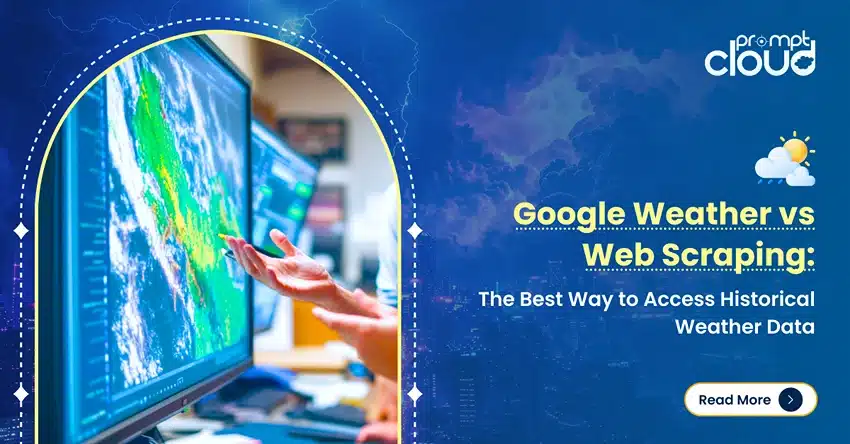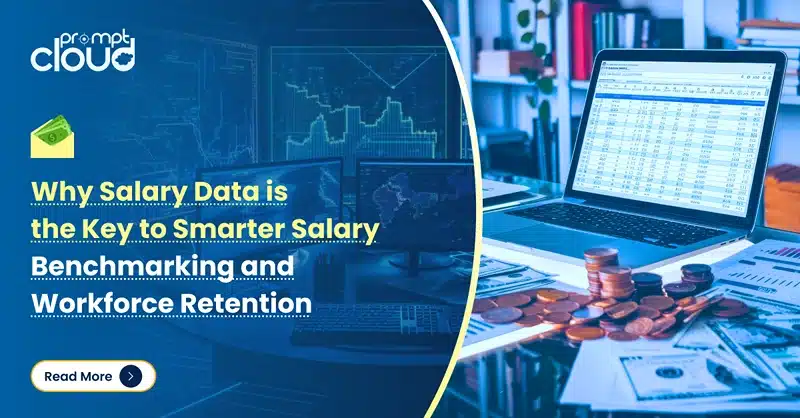Impact of eCommerce: The Growth Story of Online Sales
Ever since the inception of eCommerce, the impact of e-commerce, online shopping has been slowly but steadily eating into the share of brick and mortar stores. As per the latest US Census Bureau data, in the last quarter of 2018, the eCommerce sector made up only 9.9% of overall sales. However, the important fact is that growth in the eCommerce sector has been a steady one right from 4.0% in the first quarter of 2009, and has never seen a dip till now.
The reasons behind the continuous growth of eCommerce have been many, including:
- Better availability of products.
- More options to choose from.
- Delivery options even in remote areas.
- Faster 1 day, 2 days, and even same-day shipping in big cities.
- Prices that retail stores cannot match.
- Easy to compare items with similar products and better product information.
- And obviously- the convenience.
Fig: Rise of eCommerce sales through the latest quarterly retail sales in the USA.
Impact of eCommerce on Businesses
Some retail business categories have been affected more than others. While most people would still like to visit a store for trying out clothes and buying them, and almost no one would want to furnish their entire home with pieces of furniture without checking them out firsthand, items like books have become online hits.
The impact of eCommerce has led to the closing of many bookstores- the reason being the fact that most bookstores have to pay a premium for renting the store as well as incur other operational costs. Online booksellers, on the other hand, only need to pay for the warehouse space and the shipping. The competition simply isn’t viable and the prices of online sellers cannot be matched. At the same time, many people are opting for Kindle eBooks, so that they can carry hundreds of books in their bags at the same time.
Other categories like mobile phones, laptops, and other smaller gadgets have also seen a monumental rise in online sales. Countries like India have seen online Cell-phone sales capturing as much as 50% of the entire market.
Some of the biggest businesses in the US have shut shop entirely or have closed many of their stores and let go of thousands of their employees. At the same time, businesses like FedEx and other courier companies are getting worried as big eCommerce giants like Amazon are starting their own delivery subsidiaries.
Here are some brands that faced the impact of eCommerce on brick and mortar stores form of their businesses, or will be an under fire in the upcoming days:
1. Blockbuster
Most of us think of Netflix as the biggest Video Streaming OTT giant today. But not long before, Netflix was delivering DVDs to people via mail, and taking on Blockbuster- a DVD outlet mega-chain that had 9000 stores in the US in 2004. What followed is history and Blockbuster stores all over the country shut shop slowly, unable to cope up with Netflix’s home-delivery model.
2. Barnes & Noble
One of the first casualties of the rising tide of eCommerce has been this book retailer, with more than 600 stores in the USA hit by online book sales as well as Kindle books capturing more than 15% of the total book market. B&N shares have plummeted almost 80% to just $5.95 in June 2018. According to a Quartz report, Amazon plans to open one next-gen book-shop for every B&N that closes.
3. Macy’s
While the decline of this fashion mammoth has been on for a while, the likes of Amazon has hastened its fall. Stock prices are 45% down, and the latest Amazon Wardrobe service where you can try apparel before you buy has led to more fears among brick and mortar stores. Macy’s has plans to close up to 9 stores in 2019, to cut costs, whereas online sellers continue to rise in the fashion industry by coming up with better techniques to woo new customers.
4. Costco
One of the biggest American retail giants, Costco merged with Price Club and its 24-year subscriptions crossed 80 million. Seems huge? Well, Amazon Prime that launched as recently in 2005, already has 90 million active Prime members. As online sellers move more and more into groceries and fresh produce, by tying up, or buying smaller companies, the likes of bigger retails giants are likely to fall.
5. UPS and FedEx
One of the most unsuspecting businesses is about to be hit by eCommerce- freight. Amazon has bought 50 aeroplanes and is delivering its own cargo in many places. As per the reports, Amazon will now be competing directly with other logistics companies. As eCommerce companies start to rent out their own delivery arms to smaller businesses at pay-per-use models, the current logistics businesses will be hit hard. At the same time, many eCommerce companies are even testing delivery methods with drones so as to make deliveries faster and cheaper. All this technology makes traditional freight seem unattractive and costly.
Offline Stores Coming up with an Online Presence
As online stores come up with flashier ideas, offline stores are also starting to have an online presence so that customers find it easier to check out products, prices, place an order online, and more. Many offline shops are serving their neighborhoods with doorstep deliveries to compete directly with eCommerce websites. Companies are also focusing on the overall shopping experience so that customers are willing to pay more for shopping at brick and mortar stores.
Are Brick and Mortar Stores here to Stay?
No matter how much online sales grow, customers would always prefer to walk into a shop, check out what they want to buy, and then get it instantly. The convenience is unparalleled and cannot be replicated by an online store. That is probably a big reason why eCommerce websites are opening offline stores in order to get closer to their customers. In the first quarter of 2018, the world’s biggest eCommerce giant Amazon reported revenue of $4.26B from its physical retails stores!
Reports have shown that companies with a big online presence are opening offline stores to increase their online sales even faster. This is because customers can now put a face to the name and can actually try out some of the offerings in real-time. This encourages them to buy more items online since they find themselves to be more familiar with the companies’ products.
For example, suppose you wanted to buy a shirt from a company that sells its clothes only online. You might not be sure about the fittings and decide against it. But suppose you could go to a physical store of the same shirt company, try out a few shirts and get your sizes. Then you could order as many shirts as you want, and whenever you want, since you are already familiar with its shirts!
Conclusion
Brick and mortar stores have been there since the beginning of time and while online sales reduce the final costs of many items, and make it more convenient for the next-gen shoppers, sometimes, physical stores are our go-to places. As for the future of the retail industry, only time will tell who gets to take a bigger piece of the pie and to what extent the impact of ecommerce on brick and mortar was good or bad. If you are looking to scrape ecommerce data contact PromptCloud.



















